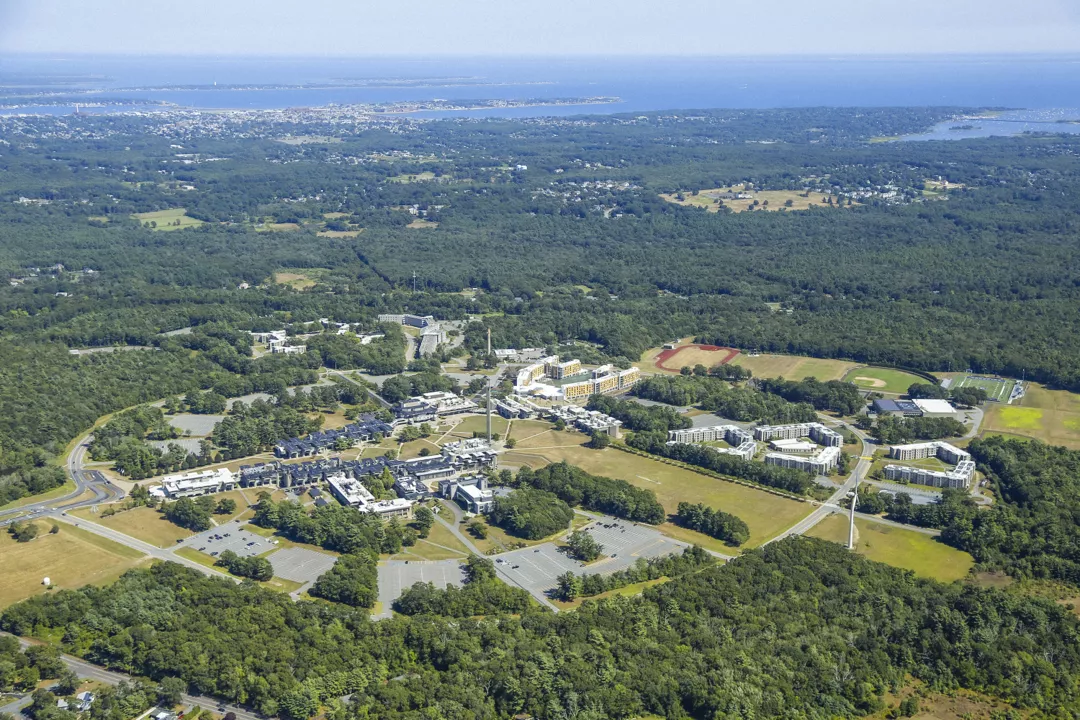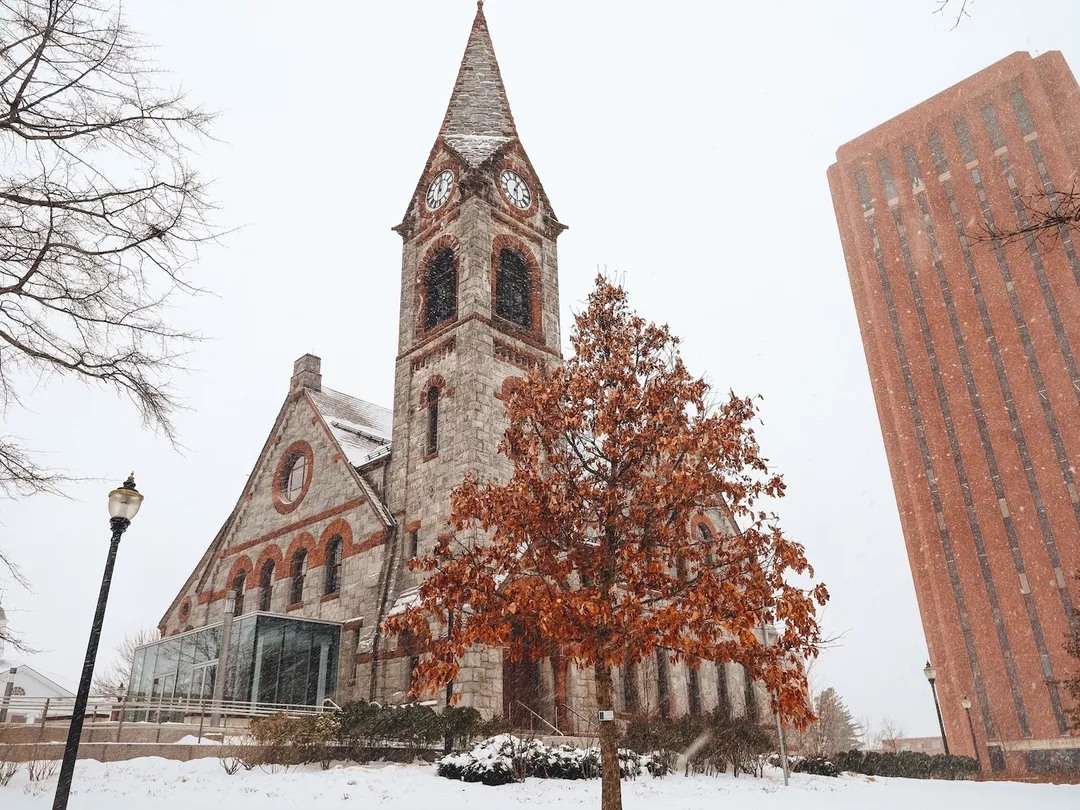-
hello@abroadcube.com
Mail us
-
Call For Help:
98779 83783
-
Whatsapp Us
70090 34921
Ranked by the American Physical Society as one of the top physics master's programs in the U.S., the Master of Science in Physics is designed to:
The University of Massachusetts Dartmouth is interested in working with inquisitive and enthusiastic students who plan to pursue:
The Physics Department offers a range of graduate courses in:
The department also offers courses emphasizing research—including thesis research and independent study in special topics.
Students will be encouraged to participate in faculty research in areas such as theoretical and computational physics—including atomic physics, relativity, high-energy and gravitational physics, and traffic modeling. Most students are supported by teaching or research assistantships.
Under the guidance of a graduate advisor, students will follow a course of study and research that is in harmony with their own background and goals. The size of the program fosters close personal contacts among students and faculty.
| Level | Masters |
| Discipline | Physics |
| Duration | 24 months |
| Intakes | Jan, Sep |
| Application Fees | USD 60 |
| Tuition Fees | USD 22184 |
| Campus | Dartmouth |
| Language proficiency (minimum) | |
| IELTS | 6 |
|---|---|
| TOEFL | 72 |
| PTE | Not Required / Waiver |
| Duolingo | 95 |
| Exam proficiency (minimum) | |
| SAT | Not Required / Waiver |
|---|---|
| ACT | Not Required / Waiver |
| GRE | Not Required / Waiver |
| GMAT | Not Required / Waiver |
Minimum GPA - 77.0%
QS Quacquarelli Symonds is the world’s leading provider of services, analytics, and insight to the global higher education sector, whose mission is to enable motivated people anywhere in the world to fulfil their potential through educational achievement, international mobility, and career development.
THE (Times Higher Education) has been providing trusted performance data on universities for students and their families, academics, university leaders, governments and industry, since 2004. We create university rankings to assess university performance on the global stage and to provide a resource for readers to understand the different missions and successes of higher education institutions.
The Academic Ranking of World Universities (ARWU) was first published in June 2003 by the Center for World-Class Universities (CWCU), Graduate School of Education (formerly the Institute of Higher Education) of Shanghai Jiao Tong University, China, and updated on an annual basis
The "Webometrics Ranking of World Universities" is an initiative of the Cybermetrics Lab, a research group belonging to the Consejo Superior de Investigaciones Científicas (CSIC), the largest public research body in Spain. CSIC is among the first basic research organizations in Europe. The CSIC consisted in 2006 of 126 centers and institutes distributed throughout Spain.



